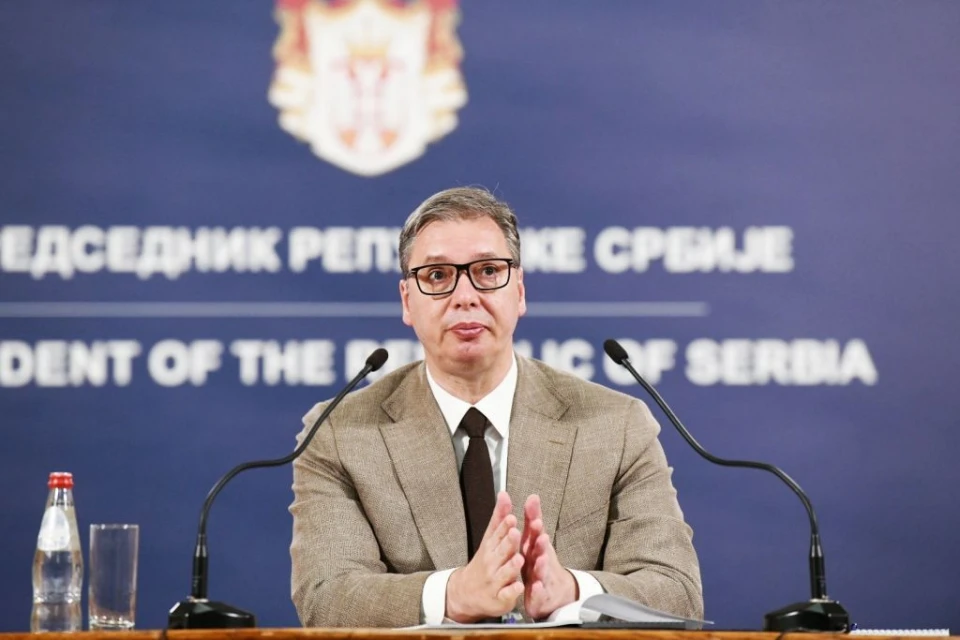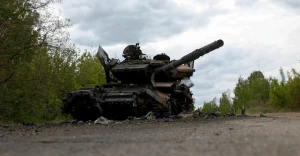
Serbian president says he will resist sanctions against Russia to the last
Serbian President Aleksandar Vučić says he will oppose joining EU sanctions against Russia until “there is no sword over our heads”
Vučić said this on Thursday in Paris after a meeting with French President Emmanuel Macron, Pink reports.
The Serbian president recalled how he convened a meeting of the country's Security Council after the start of Russia's full-scale invasion.
“I'll tell you in secret: there were seven or eight of us in the hall - from the Prime Minister and so on. Not a single journalist wrote about it: I personally wrote the decisions of the Security Council by hand, and then they were printed. These conclusions are the life of Serbia and my life. They survived 270 days of the most difficult pressure in the modern history of Serbia. They are the essence and our foundation. And in particular, they are not about pursuing a policy of sanctions against those who protected us in 2015 (Russia vetoed the UN Security Council resolution recognizing the massacre of Muslims by Serbs in Srebrenica as genocide - ed.),” Vučić said.
“We can refuse this if a sword hangs over our heads, and I will not hide this from the people. There is no sword hanging over us now, and I know it is not easy, and no one knows this better than I,” he added.
On February 26, the president of Serbia stated that his country will not impose sanctions against the Russian Federation, as it considers it best to maintain friendship with Moscow. He also called the Russian and Ukrainian peoples fraternal and emphasized that Serbia will be guided exclusively by its vital interests in the policy of sanctions.
Serbian President Aleksandar Vučić has previously claimed that Serbia is suffering greatly because of its refusal to impose sanctions against Russia. And despite the fact that in case of their introduction, “life would be ten times better”, Serbia will evade this step to the end.
Brussels considers joining sanctions against Russia one of the conditions for Serbia's accession to the EU.
- News














































